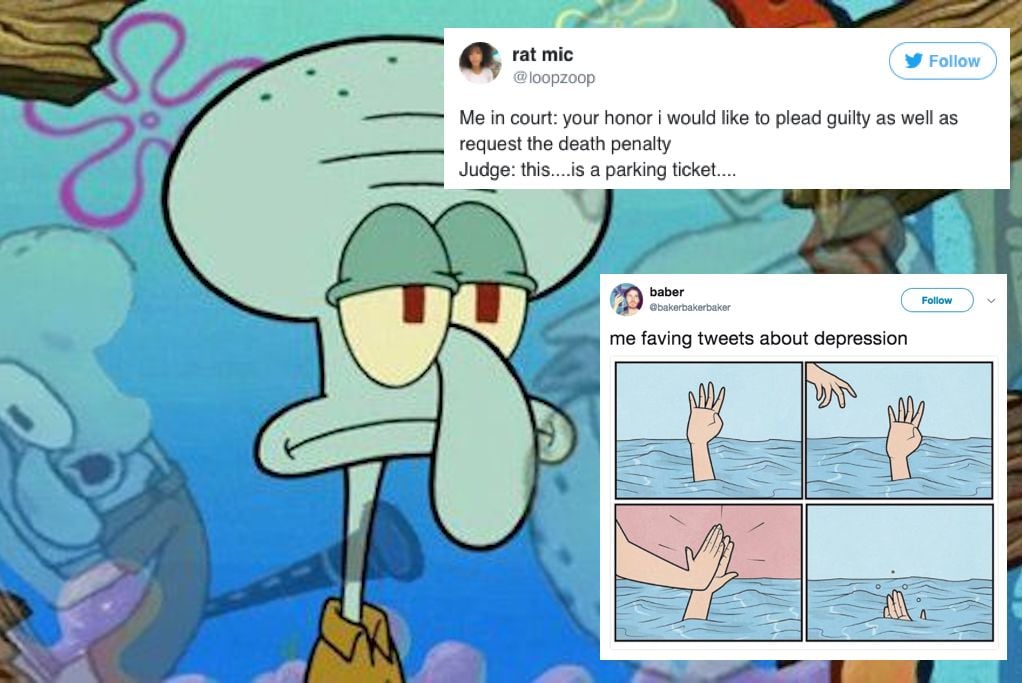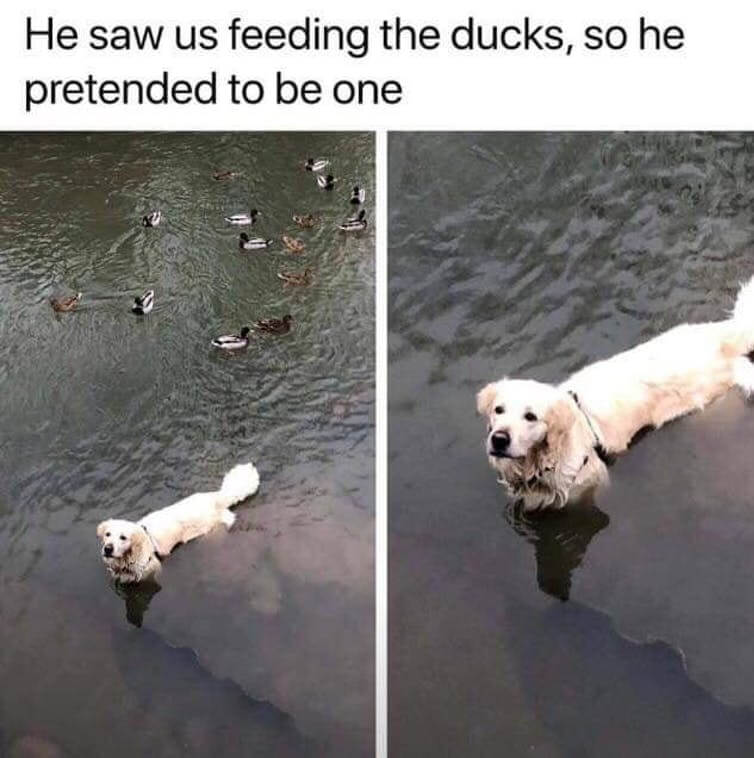Understanding & Support: Navigating Suicide [Resources & Help]
Can dark humor truly be a lifeline when grappling with the profound pain of suicidal ideation? While it might seem counterintuitive, exploring the complex intersection of humor and mental health reveals a nuanced perspective, highlighting how dark memes and shared experiences can paradoxically offer comfort and connection in moments of despair.
The landscape of mental health support is vast and varied, encompassing both professional interventions and peer-to-peer interactions. It is crucial to be vigilant, recognizing the warning signs that someone might be contemplating suicide. These signs can manifest in various ways, from sudden changes in behavior and mood to expressions of hopelessness or a preoccupation with death. When these signs are present, immediate action is paramount. The first step should be to urge the individual to seek professional help. Reaching out to a mental health professional, a crisis hotline, or a trusted counselor can provide the support and resources necessary to navigate a difficult situation.
For LGBTQI+ youth and young adults, accessing specialized support is essential. Crisis counselors specifically trained to address the unique challenges faced by this community can be invaluable. Connecting with these resources can provide a safe space for sharing experiences and receiving guidance. You can often find them via a quick online search using terms like "LGBTQI+ crisis support" or by checking with organizations that specialize in LGBTQI+ mental health.
In a collaborative effort, the CDC, alongside the Substance Abuse and Mental Health Services Administration (SAMHSA) and other federal agencies, has created the 2024 National Strategy for Suicide Prevention and the Federal Action Plan. This strategic initiative is designed to provide a framework for suicide prevention efforts, addressing the multifaceted factors that contribute to suicide risk. This document offers comprehensive guidance on how to implement evidence-based prevention strategies, improve access to mental health services, and foster a culture of support and understanding.
The accessibility of mental health support extends beyond traditional channels. The 988 Lifeline, a free and confidential service, provides immediate support 24/7 via phone, text, or chat. Trained crisis counselors are available to listen, offer guidance, and connect individuals with resources in their communities. When you call, text, or chat the 988 Lifeline, your conversation is confidential. The Lifeline's emphasis on confidentiality is particularly important, as it encourages people to reach out without fear of judgment or exposure.
The role of the internet in mental health discourse is constantly evolving. Platforms like Reddit host communities such as r/SuicideWatch, where individuals can vent, share their struggles, and connect with others who understand. These online spaces can offer a sense of validation and support, but it's vital to remember that they are not a substitute for professional help. When using these online resources, be aware of the potential for triggering content and always prioritize seeking guidance from qualified professionals when necessary.
The use of memes and dark humor as coping mechanisms, particularly in the context of mental health, is a fascinating and often misunderstood phenomenon. While some may find the topic insensitive, it cannot be denied that many people can relate to the shared feelings in the meme world.
Many creators and consumers of these types of memes, acknowledge that these often perfectly describe what life with mental illness is really like. In just a few short words and a funny picture. They can offer a sense of validation and support, but it's vital to remember that they are not a substitute for professional help.
It has been noted that over 90 percent of people who die by suicide have a mental illness at the time of their death. Many people are unaware that the terms 'mental disorder' and 'mental illness' encompass a broad range of fairly common problems including: Alcohol abuse, post traumatic stress disorder (PTSD), anxiety, depressive disorder (depression), anorexia and many other conditions. It is, however, important to seek immediate help from mental health professionals, or suicide hotlines if you are having suicidal thoughts.
Make a plan to get through a crisis. Plan should include:
- Identifying triggers.
- Developing coping mechanisms.
- Creating a safe environment.
- Having a support system.
The majority of people who make these jokes and memes are far from suicidal. But death and suicide memes have become shorthand for expressing everything from existential angst to the daily grind of life with a mental illness. The creators say a lot of people like the depressing memes for therapeutic reasons. "\u201cWe receive many messages everyday from people thanking us for helping them laugh through an otherwise sad situation,\u201d they argue, \u201cand it is also comforting knowing many people can relate to the same sad feelings we do.\u201d"
Crisis support services provide immediate help and confidential, supportive communication to people experiencing thoughts of suicide or in mental health crises.
Here is a look at some additional resources:
- If you are having thoughts of suicide, help is available 24/7.
- For LGBTQI+ youth/young adults, check here to connect to an LGBTQI+ trained crisis counselor.

